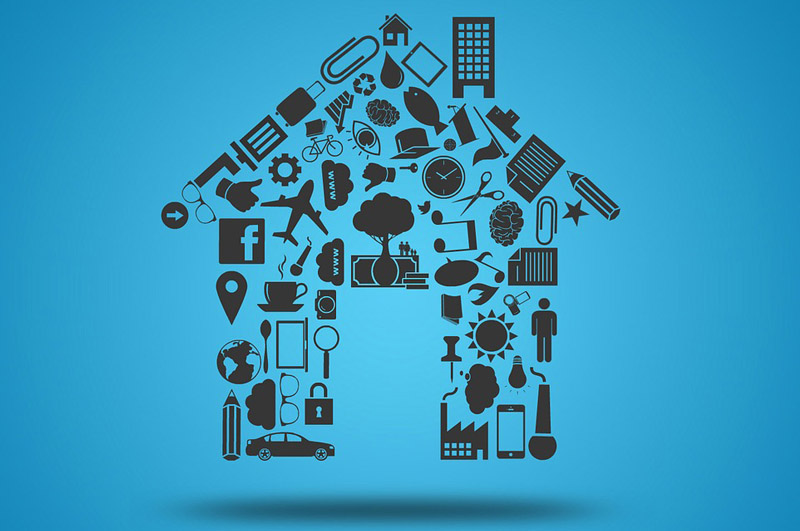Mental health treatment is often necessary for teens to live their best life. Because roughly 1 in 5 teenagers experience a serious mental health condition and because our society is beginning to understand just how important mental health treatments can be, the past ten years have seen a significant increase in the number of mental health treatment options that are currently available.
If you believe that your teenager is experiencing a mental health condition, the first thing you will need to do is receive a proper diagnosis from a licensed physician. Many mental health conditions have overlapping symptoms, meaning that it will be especially important to obtain an accurate diagnosis—though there are many great resources available for parents to learn more, only a professional can accurately diagnose your teen.
Once you understand which specific condition(s) your teen is actively suffering from, you can then begin exploring the treatment options that are currently available. In the case of more severe mental health challenges, a residential treatment center may be recommended.
If this is your first time hearing about residential treatment centers for teens, you likely have a lot of questions. In this article, we will answer some of the most frequently asked questions relating to residential treatment.
1. What is Residential Treatment?
Residential treatment, when compared to other types of mental health treatment, is unique because rather than visiting the treatment center occasionally, your teen will reside there 24 hours per day. Residential treatment is usually considered the most intensive form of treatment, but it is often necessary for those who are struggling the most. Treatment centers can help remove your teen from otherwise undesirable situations and also provide them with effective, personalized care. When other treatment options have been proven to be ineffective, residential treatment may be necessary.
2. What Conditions Can Residential Treatment Treat?
Residential treatment centers can address an incredibly wide array of mental health issues, including anxiety, depression, PTSD, bipolar disorder, personality disorders, eating disorders, and many others. Many of these treatment centers will also be equipped to treat substance abuse disorders, though whether or not addressing substance abuse will be the focus of the treatment will depend on which treatment center you choose. Many teens with mental health challenges are actually experiencing multiple diagnosable conditions at once, which is why having access to personalized treatment options will be very important.
3. When is it the Right Time to Choose Residential Treatment?
A residential treatment center will only sometimes be the first course of treatment recommended by your teen’s physician. If your teen has never received any sort of treatment in the past, a less intensive treatment (such as weekly therapy or medication) may initially be recommended. If these programs do not produce the desired results, then an RTC may be a more appropriate option. However, if your teen suddenly experiences an extreme change—passing out from an eating disorder, overdosing on abusable substances, suicide attempts, self-harm, etc.—then an RTC might be immediately recommended.
4. What are the Benefits of Residential Treatment Centers for Teens?
There are quite a few benefits that only residential treatment centers can provide, which is why these centers can be found in every major city. Residential treatment makes it much easier for recovery to become your teen’s foremost priority, rather than an afterthought. Furthermore, these centers are equipped to offer an incredibly wide range of personalized care. If your teen is experiencing a substance abuse disorder, removing them from having access to these substances will be very important. By choosing a center that specifically focuses on treating teens, rather than treating people of all ages, your teen will be much more likely to get the specialized care they need.
5. Is Residential Treatment Covered by Insurance?
There is no denying that RTC care is more expensive than less intensive treatment options. In many cases, insurance will cover treatment for a specific period of time. Coverage can vary tremendously depending on your current situation, which is why it is generally a good idea to speak with both your insurance provider and the prospective treatment center in advance. In cases where care is not covered (or is only partially covered) by your insurance provider, financing options might be available.
6. What is Dual Diagnosis?
Dual diagnosis is an important practice that recognizes that in order to achieve desired outcomes, RTCs will need to treat the whole person, rather than treating each underlying condition individually. A person suffering from a substance abuse disorder in addition to depression will likely need a different course of treatment than someone who was only experiencing one of these conditions. When applied correctly, dual diagnosis has been proven to increase the likelihood of a successful recovery.
7. What Kind of Treatment Modalities are Used During Residential Treatment?
During their stay at a residential treatment center, your teen will likely be exposed to multiple different treatment modalities. Cognitive Behavioral Therapy (CBT) is widely recognized as an effective treatment for developing future coping techniques and creating lasting results. Other possible treatment options can include somatic experiencing, experiential treatment, group therapy, individual therapy, and many others. The recommended treatments for your teen will depend on the condition(s) they are experiencing, as well as their individual personality.
8. How Can I Find the Right Residential Treatment Center for My Teen?
Finding the best residential treatment center for your teen can be difficult, but it is certainly not impossible. Asking your teen’s physician for specific recommendations will often be a great way to start. Reading reviews and visiting the websites of RTCs for teens in your area will also help you discover more places that may be a viable option. Many of these places specialize in treating very specific conditions, though, depending on your teen’s current circumstances, choosing a more generalized center that can treat a wider range of conditions might produce the best results.
Conclusion
Residential Treatment Centers have often been able to help people who were otherwise unresponsive to treatment and, at times, feeling hopeless. These innovative centers offer a wide range of treatment options that can help address many different conditions. If your teen is currently experiencing mental health struggles, a temporary stay at an RTC may be exactly what they need.








